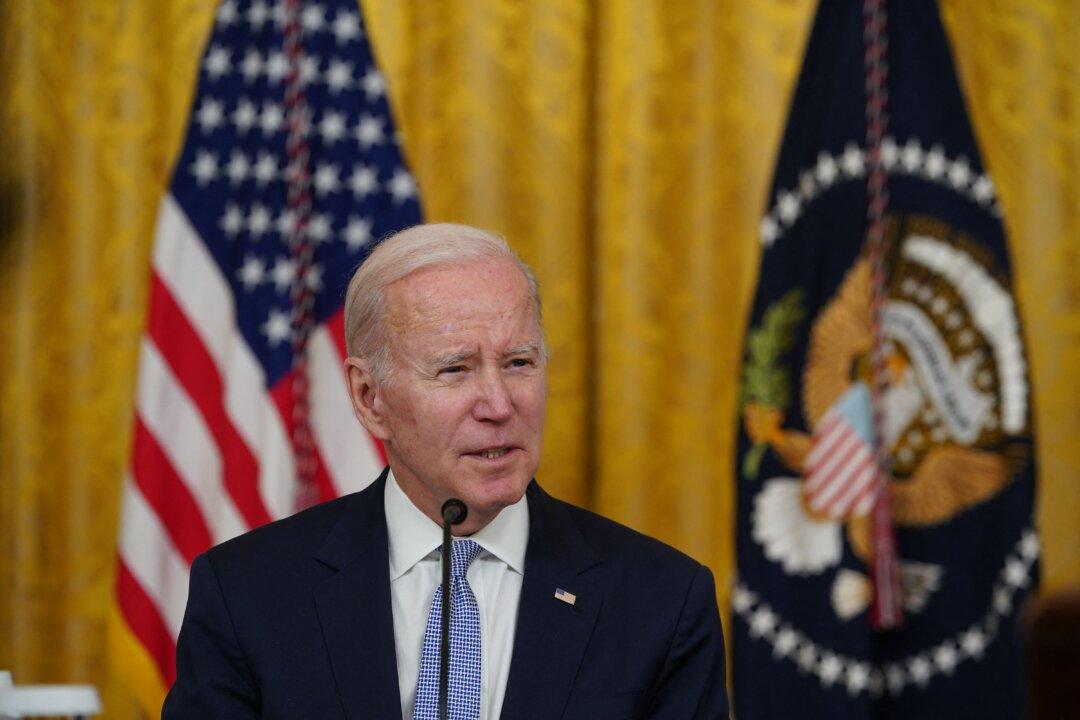President Joe Biden caused confusion on Jan. 31 when he told a reporter the Supreme Court would “end” national COVID-19 emergency policies, after telling Congress the day before that his administration would terminate the emergencies on May 11.
In response to Republican proposals in Congress to end the national emergency and public health emergencies that were declared by the Trump administration three years ago, Biden’s Office of Management and Budget (OMB) said in a statement (pdf) on Jan. 30 that it would extend the soon-to-expire emergencies to May 11 “and then end both emergencies on that date.”





